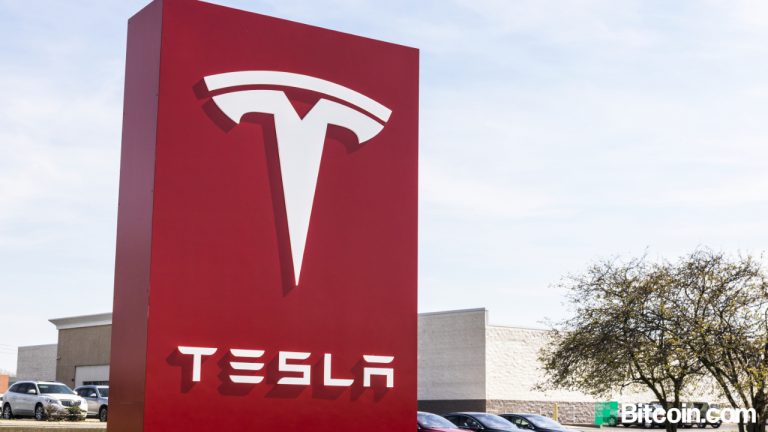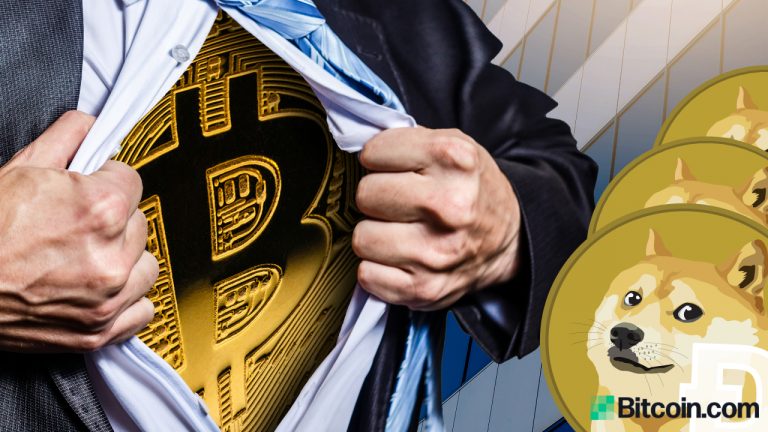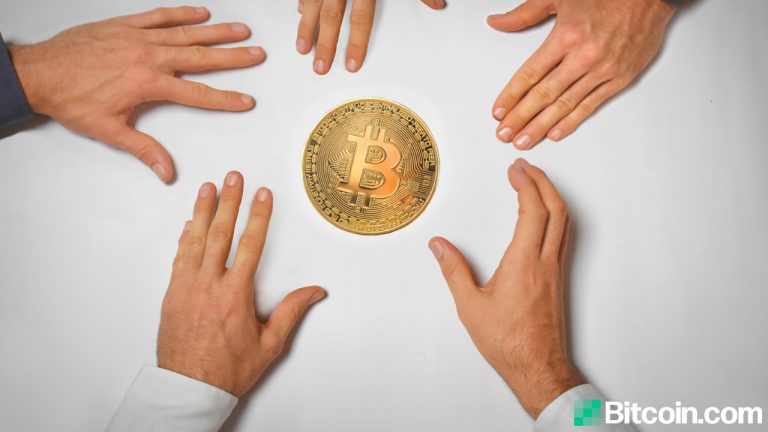2021-10-25 16:00 |
I recently dipped into Tesla’s financials. Not because I’m considering an investment in the electric car pioneer. Instead — I’m intrigued as to how Elon Musk’s bitcoin gamble is paying off.
He dropped $1.5 billion into the cryptocurrency in February 2021. While Tesla still holds most of the purchase on its balance sheet, a glance at the cash flow statement shows that the company clinched a 59% gain on one recent disposal. Tesla sold $272 million worth of its holdings (valued at just $171 million at the time of purchase), netting a $101 million gain.
So here is a company that’s making more from crypto than its core business. It’s little surprise that boardrooms worldwide are also plotting their entry into crypto. However, as recent weeks have shown us if your timing is off by even a day, your investment could be down 15% overnight.
Despite this risk, there are still always to make a reliable return on cryptocurrency.
The responsible way to invest in cryptocurrencyLast June, the cryptocurrency market put a long winter firmly behind it as it entered a phase now known as “DeFi Summer.”
Over a few months, a collection of decentralized finance protocols emerged. They offered traditional financial services — think loans and interest-bearing accounts — but exclusively on the blockchain.
While many were experimental, a core selection has stood the test of time. Now, protocols including Aave, Compound, and Balancer have proven themselves to be reliable ways to generate a consistent return. Granted, you may not see the 59% upswing enjoyed by Tesla.
However, if you find the right mix of protocols, the return becomes quite compelling. This happens quite quickly, all without stretching anywhere near the risk level of a speculative bitcoin bet.
The reality is, however, few companies can find the right mix. This is why a handful of centralized finance platforms — operating in the decentralized finance space — have established a captive audience in the last twelve months.
Truth be told, these platforms were working with DeFi long before its summer explosion. They have, through patience and experience, developed balanced, diversified portfolios that now deliver a reliable 7.5% on assets like USD, GBP, EUR, even gold.
How’s that even possible? Their products interact with stablecoin markets on the blockchain, generating yields much like a traditional bank (through lending and borrowing). But given the platforms have a much lower cost base than most traditional banks, they can pass the savings onto the investor as a higher APY.
Still, that’s not to say even the best-known DeFi protocols aren’t without risk.
Understanding the risks of Decentralized FinanceThe most significant risk in decentralized finance is a smart contract failure. That is when a bug in the underlying code allows a hack or some kind of exploit.
Now suppose an investor puts all their funds into a single protocol, and its smart contract fails. In that case, the investor is at a high risk of losing everything. As with anything decentralized, there’s no customer support to step in and help.
But even if help isn’t at hand, there is a way to mitigate the risk.
Investors can diversify their DeFi portfolio across different products (or, in this case, protocols). In doing so, even if one smart contract fails, the overall impact on the portfolio is minimal. Better still, if an investor can use a custom smart contract to ring-fence their funds and eliminate the third-party risk, all the better.
This is precisely what centralized finance platforms can do. This is why pureplay decentralized models are unlikely to replace them. At least, not any time soon, and not for companies that operate beyond the cryptocurrency industry.
After all, it requires a significant investment of time and money to build a diversified portfolio, then offset external risks with custom technology. For most, such an investment doesn’t make strategic sense. This is especially so when cryptocurrency is just another asset in the investment mix, bundled with Forex, derivatives, commodities, the list goes on.
So do not expect businesses to invest in decentralized finance assets off their own back, nor to risk it all on bitcoin.
Most will use a centralized bridge into the decentralized world. Most will choose a way to invest in cryptocurrency without the risk.
The post Decentralized Finance Is Risky, But Not As Risky As You Think appeared first on BeInCrypto.
origin »Bitcoin price in Telegram @btc_price_every_hour
Wish Finance (WSH) на Currencies.ru
|
|














